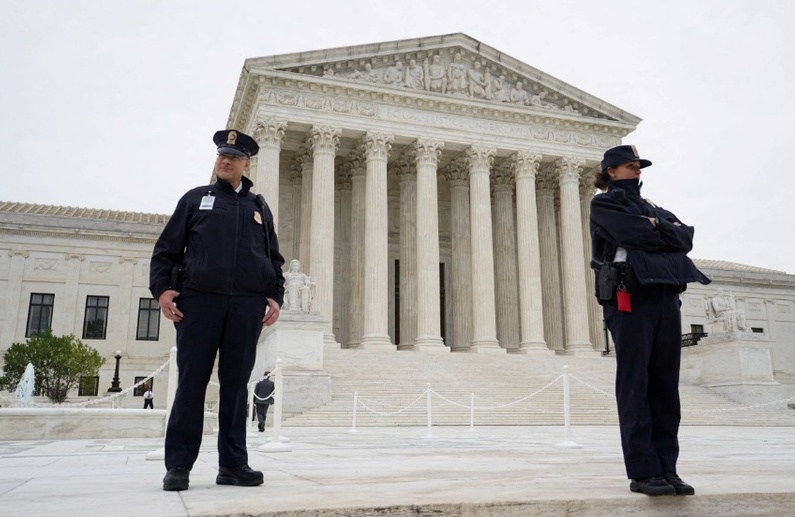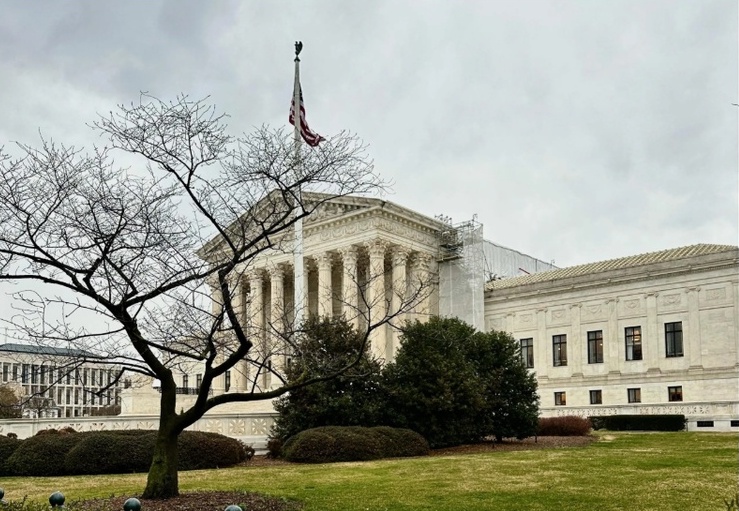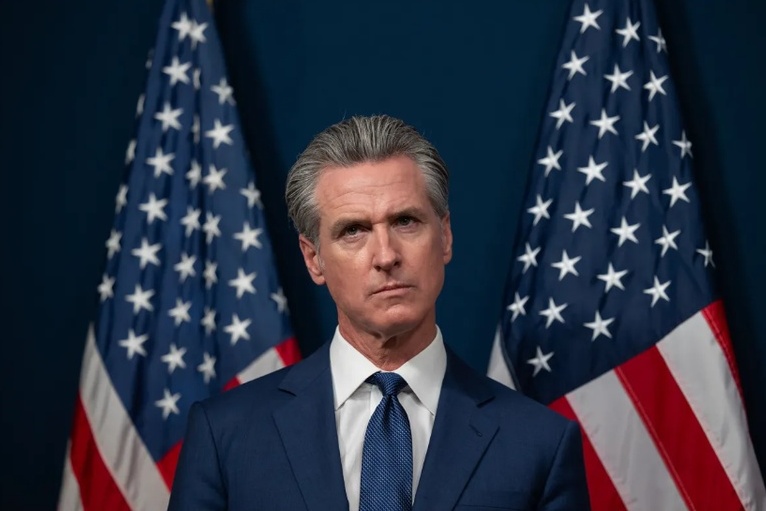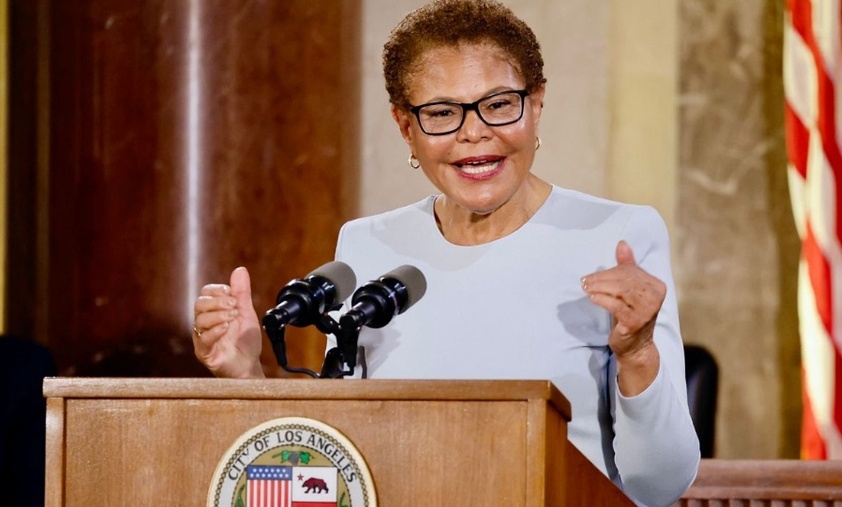SAEDNEWS: The Supreme Court has allowed Trump’s ICE “roving patrols” to continue in Southern California, igniting controversy over racial profiling, constitutional rights, and federal immigration enforcement.

According to Saed News; On Monday, the U.S. Supreme Court sided with President Donald Trump, allowing Immigration and Customs Enforcement (ICE) to continue “roving patrols” in seven Southern California counties. Lower courts had previously blocked these operations, citing probable Fourth Amendment violations, as the stops often targeted Latino individuals—some of them U.S. citizens—without clear evidence of illegal presence.
The ICE patrols involve masked, heavily armed agents questioning people about their immigration status in public spaces such as bus stops, farms, and neighborhoods. Critics argue that the operations rely on ethnicity, language, and location—factors that federal courts previously said cannot justify stops without reasonable suspicion.
The Court offered no detailed explanation, but Justice Brett Kavanaugh, in a concurrence, wrote that when combined with other factors, apparent ethnicity may contribute to “reasonable suspicion.” Three liberal justices—Sotomayor, Kagan, and Brown Jackson—dissented strongly, warning that the ruling allows racial profiling and threatens constitutional freedoms.

California officials immediately condemned the decision. Governor Gavin Newsom called it a “parade of racial terror,” while Los Angeles Mayor Karen Bass described it as an attack on all citizens. The American Civil Liberties Union echoed concerns, stating that individuals perceived as Latino now face the risk of violent arrests and detention without due process.


The ruling is seen as a tacit green light for similar ICE operations nationwide. DHS officials pledged to continue enforcing immigration law aggressively, framing the decision as a victory for safety and rule of law. Critics warn it could normalize targeting people based on race or ethnicity, raising fears of a “papers please” society.
Justice Sotomayor highlighted that the Supreme Court’s unexplained emergency order sidesteps the ordinary appellate process, undermining transparency and accountability. Kavanaugh emphasized that illegal immigration remains a legal violation, but the debate centers on how enforcement should respect constitutional protections.
The Supreme Court’s decision represents a pivotal moment in U.S. immigration policy, blending federal authority with racial and civil rights concerns. As ICE resumes roving patrols in Southern California, the ruling has ignited a nationwide debate about law enforcement, civil liberties, and the limits of executive power.

